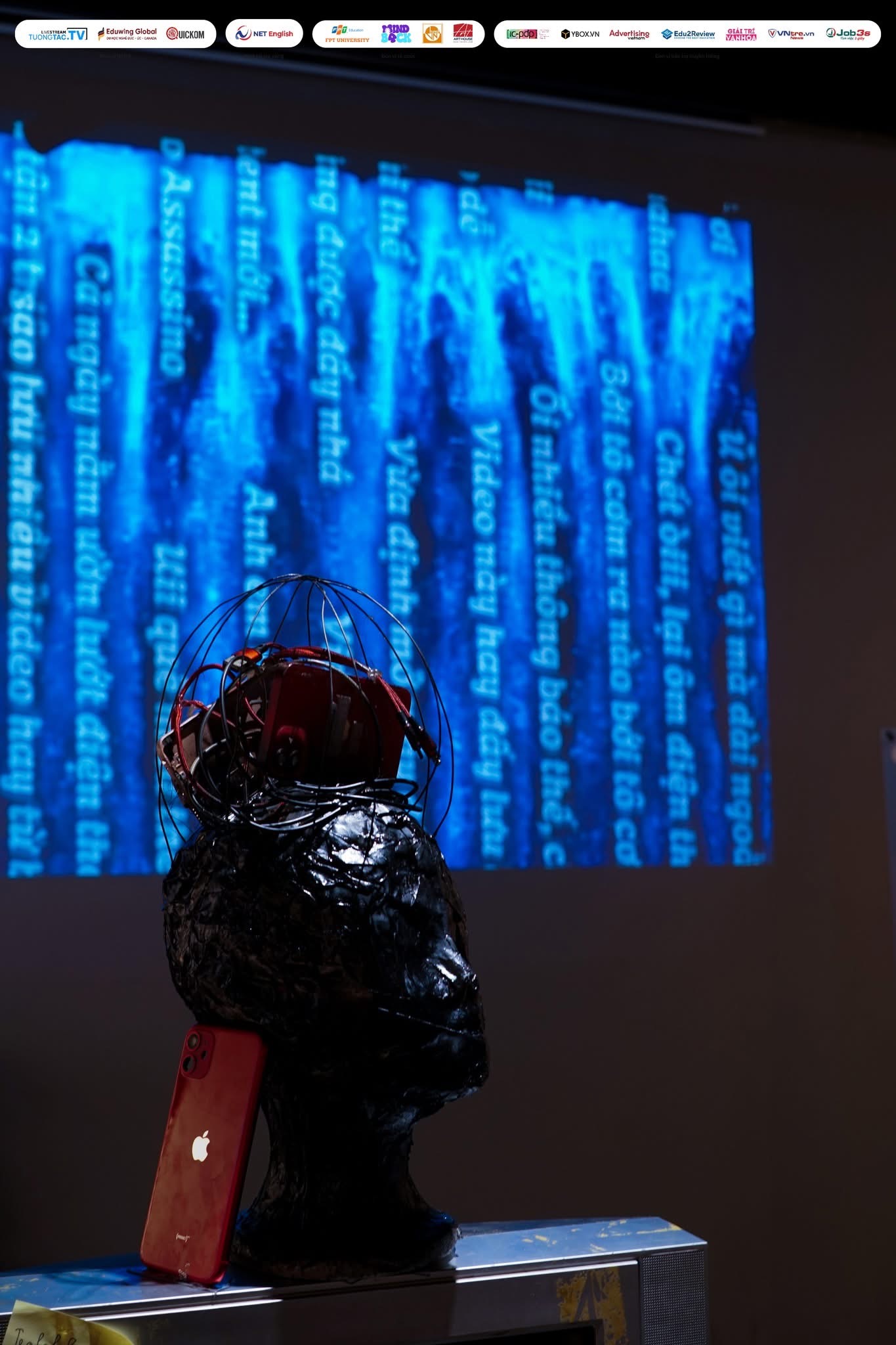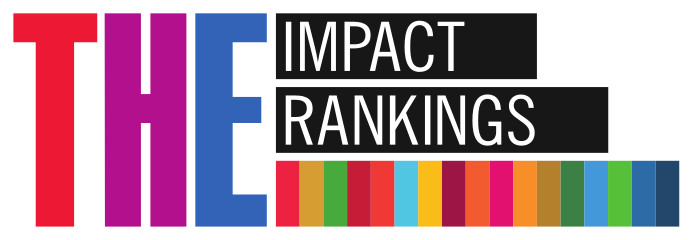Faced with the widespread issue of harmful, low-quality content on social media, a group of FPT University students has launched the campaign “Refresh Your Brain” to eliminate “toxic” entertainment content.
Students from cohorts K16 and K17, majoring in Multimedia Communication at FPT University, made a strong impression during the Summer 2025 project defense with their communication campaign Mind Back. The initiative aims to raise public awareness—especially among young people—about the phenomenon known as “Brain Rot”, a habit of consuming low-quality content that is spreading among the younger generation like a virus.
 The student group, from left to right: Nguyen Duc Anh, Hoang Tuan Anh, Vuong Huyen Nhi, Tran Trung Hieu, and Nguyen Tam An.
The student group, from left to right: Nguyen Duc Anh, Hoang Tuan Anh, Vuong Huyen Nhi, Tran Trung Hieu, and Nguyen Tam An.
The idea for the project stemmed from the personal experiences of its five members—digital-native Gen Z students who had directly faced the negative effects of being drawn into meaningless social media content. The turning point came when the group encountered a video about Brain Rot shared during a talk show by Hoang Nam Tien, former Vice Chairman of the University Council at FPT University Hanoi. His insightful analysis served as a wake-up call that urged the students to take action. “We realized it was time to speak up and find solutions for our own generation,” the team shared.
The Mind Back campaign engages young people through a variety of online and offline activities. On social media, the team created short comparison videos, playful infographics, interactive games, and Q&A activities to spark reflection in an approachable way. Offline, panel discussions and mental health workshops offered participants hands-on experiences and the chance to hear from experts and inspiring speakers. The challenge “24 hours without scrolling on social media” also strongly amplified the campaign’s message: “Refresh Your Brain.”
With the message “Bring your brain back to its place” and the slogan “Refresh Your Brain,” the project adopts a humorous, Gen Z-friendly tone to emphasize the urgent need to reset thinking, restore focus, and make smarter content choices. Instead of unrealistically urging young people to quit social media, the students chose a more practical approach: guiding their peers toward mindful and sustainable digital use.


The 3D model was designed and printed by the student team for display at the thesis defense



